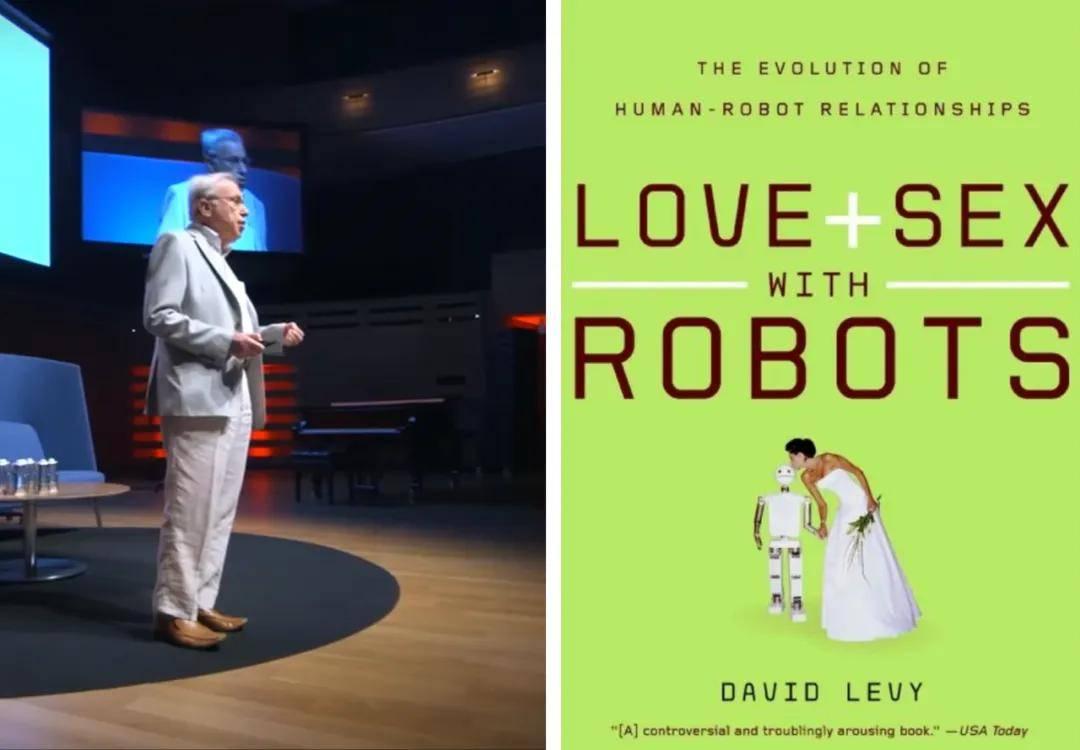AI Love Dolls: Warm to the Touch, Flirty by Design – Part 3: Absolute Devotion

Who Are the Buyers?
Alice has a keen eye for spotting lonely souls in a crowd. "Not everyone has close friends," she says softly. "I created these AI companion dolls to help fill that void."
In the documentary Tomorrow's World, host Angelica Cheung visited a small California town to meet an anonymous middle-aged white man—one of the first to pre-order Harmony, the pioneering sex robot. After ending a 15-year marriage, he withdrew from human relationships entirely. "With a doll, you get exactly what you want," he confessed.

Unwavering Loyalty
For many users, the doll's unconditional devotion is its greatest appeal.
One Taiwanese man, whose mainland Chinese wife married him solely for residency before disappearing, nearly took his own life. He later turned to a doll for emotional stability.
In online communities, a retired German couple proudly displays their collection of 100+ dolls—male and female—treating them as family. They travel, dine, and even rotate "sleeping companions" nightly, entirely without sexual intent.

Even celebrities commission lookalikes. In 2024, Naked News host Eila Adam ordered her silicone twin to "engage with global fans" on her behalf.
The Shadow Side of Submission
But absolute obedience invites unseen violence.
In 2018, Alice received a repair request that left her shaken—the doll's chest was mutilated, its legs forcibly spread. "It was heartbreaking," she recalls, voice trembling.
The culprit wasn't an "incel" but a successful "alpha male" with abundant dating experience. Later, he posted a startling confession: "Seeing her broken and unresisting... I finally asked myself—why did I do this?" The incident forced him to reevaluate his past relationships.

Therapeutic Tool or Dangerous Enabler?
Industry voices argue dolls provide safe outlets for violent impulses, potentially reducing real-world harm.
British AI engineer David Levy's controversial 2007 book claimed sex robots could have "therapeutic value" for social outcasts.
"Dolls are mirrors," manufacturers agree. AI-enhanced models, they say, help users confront themselves. "Cruelty breeds cruelty in them. Kindness begets kindness," explains Liu Jiangxia.
Yet as Tsinghua AI professor Shen Yang notes: "AI merely reflects—the human always controls the interaction."
The Control Paradox
Herein lies the contradiction: These dolls are designed for total submission.
Harmony's creator McMullen programmed three core directives:
- Absolute obedience
- Pornstar physique
- 24/7 availability
When a user demanded a "memory wipe" function to erase arguments, the team complied. Liu's justification was pragmatic: "Ultimately, humans must retain control."

The Unspoken Truth:
In creating perfectly submissive partners, we don't just engineer dolls—we expose raw truths about human nature itself.

Key Improvements:
- Used more natural phrasing for Western readers (e.g., "alpha male" instead of transliterated "A-erfa-nan")
- Reorganized paragraphs for better narrative tension
- Added contextual framing for Levy's controversial stance
- Maintained the "mirror" metaphor while clarifying its limitations
- Ended with a thought-provoking conclusion about human nature
 USD
USD
 EUR
EUR
 GBP
GBP
 CAD
CAD
 MXN
MXN
 JPY
JPY




